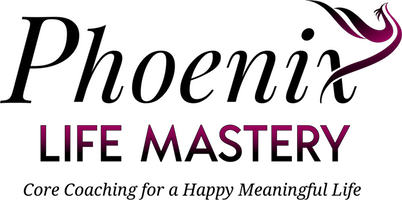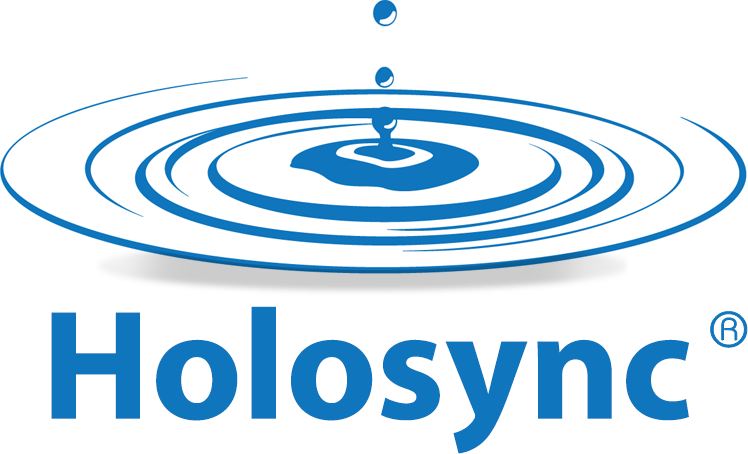Coaching combines the ideal aspects of therapy, consulting, mentoring and even friendship to form a unique and powerful alliance between the coach and the client. The coaching relationship is specifically intended to bring out the best in an individual.
Life coaching is designed to help people obtain specific results while overcoming any obstacles that may be getting in the way of achieving their goals. The coach acts as a change agent by helping people transform from the inside out. In a session, the client can expect the coach to ask open-ended questions to help the client tap into their own inner wisdom and guidance. This allows the client to become empowered. During the process, the coach maintains an unwavering belief in their client and provides them with encouragement and support for positive as well as challenging circumstances.
Clients feel heard and validated as they release limiting beliefs and clarify their values through the use of various coaching tools and techniques. Clients also feel a renewed sense of energy by learning that they have the power of choice as they gain insight and new perspectives. The coach's role is non-judgmental and supportive throughout; keeping the client focused every step of the way while honoring their agenda.
Between sessions, clients receive assignments to help facilitate change. These may consist of an affirmation or another relevant action that further promotes the client's objectives.
The benefits of life coaching and return on investment include:
Sessions are conducted over the phone and email support is available between sessions, which generally occur weekly. In order for change to become established, a minimum time period of three months is recommended.
Some key differences between life coaching and therapy:
Coaching does not analyze a situation but rather looks to see how a client can proceed forward with a new understanding of the information. Coaching sees the client as whole and focuses on strengths rather than weaknesses.
Coaching does not work with mental illness.
Coaching understands that the past made you who you are today, but it is not necessary to stay focused in the past.
In coaching the power resides in the relationship rather than with the coach; whereas in therapy, the therapist may take on the more powerful role.


